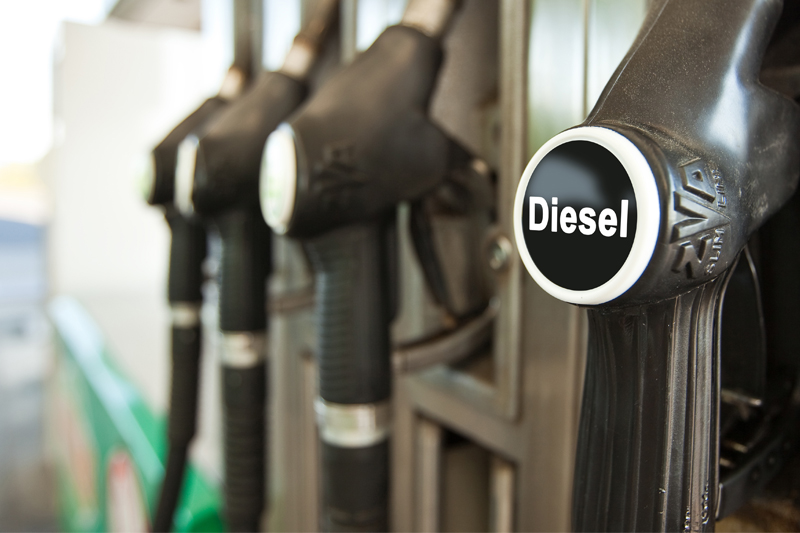
The sale of new diesel cars that do not meet latest emissions standards will face a one-off tax increase in April.
It will be levied on all diesels that do not meet the Real Driving Emissions Step 2 standards on emissions for the first year of ownership.
According to experts, it means that most new diesels would be subject to the rise. Chancellor Philip Hammond said the tax change would apply only to cars, and “white van man” was unaffected.
Different rates of Vehicle Excise Duty will be levied according to a car’s CO2 emissions band. The move was part of a series of Budget policies designed to improve air quality and promote electric vehicles. The chancellor also unveiled a £220m Clean Air Fund, and £400m – split equally between the Treasury and motor industry – to improve the charging infrastructure for electric vehicles. There will also be another £100m in subsidies to help persuade consumers to buy electric vehicles.
There are 115,000 electric cars in the UK and 13,000 charging points spread across 4,500 locations.
The UK’s motor industry trade body, the SMMT, said the chancellor’s diesel tax changes risked sending out mixed messages.
Mike Hawes, Chief Executive:
“The Autumn Budget contains some positive measures and we are pleased to see a renewed commitment to new and future vehicle technology. The investment in charge points and new incentives to encourage the take up of electric cars is a positive step to boost buyer confidence, which will be essential to increasing market share. However it’s disappointing that there is no additional funding for the incentivisation of plug-in hybrids.
“Diesel buyers will not face any additional taxation for the next six months, but thereafter, will face additional charges which will undermine fleet renewal efforts, which are the best and quickest way to address air quality concerns.
“Manufacturers are investing heavily in the latest low emission technology. However, it’s unrealistic to think that we can fast-track the introduction of the next generation of clean diesel technology which takes years to develop.”
Stuart James, IGA Director:
“The Independent Garage Association welcomes the launch of the National Retraining Scheme announced by the Chancellor in the Autumn Budget, however we are disappointed that the major shortage of skilled workers in the automotive industry, particularly MOT testers, was not addressed.
“We urge the Government to take action and encourage more people to join the automotive sector, particularly in light of the millions of pounds they have pledged to spend developing electric vehicles and driverless technology in this Budget.”
“We also applaud the Government’s commitment to 3 million apprentice starts by 2020, but have questions surrounding how this will be implemented in the independent sector, including how training will be funded for current learners not subject to apprenticeship funding allowances. We are ready and waiting to drive apprentices forward in the automotive aftermarket sector.”
Brian Madderson, Chairman of the Petrol Retailers Association (PRA):
“We welcome the Chancellors announcement of a new £400 million Charging Investment Infrastructure Fund which is good news for fuel retailers and motorway service areas (MSAs) – provided they are included in the list of eligible businesses.”
This follows a hearing earlier this month at the Automated and Electric Vehicles Bill Committee where the PRA was invited to give oral evidence, and called for a government grant for fuel retailers seeking to install electric vehicle charging equipment and for the mandating to be withdrawn.
Madderson continues, “This Bill proposes giving Government the power to mandate the installation of electric vehicle charge points in large fuel retailers and MSAs, but provides no financial assistance to such businesses.
“Today’s Budget has not yet indicated how the fund will be specifically allocated, but indicates the Government is prepared to assist retailers in increasing the uptake of rapid EV charge points.”







